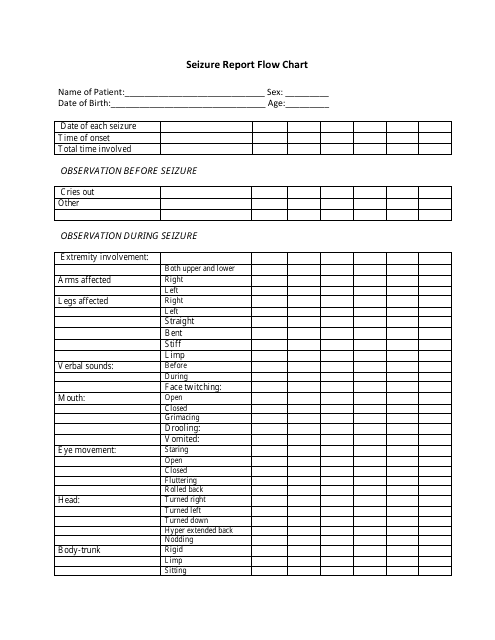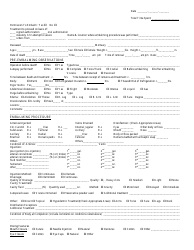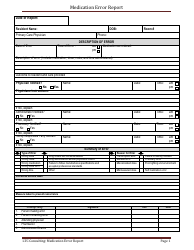Seizure Report Flow Chart Template - United Kingdom
The Seizure Report Flow Chart Template in the United Kingdom is a tool used by law enforcement agencies to document and track the process of seizures. It helps in organizing and visualizing the steps involved in documenting and reporting seizures, ensuring that all necessary information is recorded accurately. This template assists in maintaining consistency and standardization in the seizure reporting process in the UK.
The template for the Seizure Report Flow Chart in the United Kingdom is typically filed by law enforcement agencies or agencies responsible for investigating and prosecuting illegal activities.
FAQ
Q: What is a seizure report?
A: A seizure report is a document that provides information about seizures (e.g., seizures related to criminal activities or breaches of the law). It is usually prepared by law enforcement agencies or licensed security professionals.
Q: Why are seizure reports important?
A: Seizure reports are crucial for documenting and investigating incidents related to seizures. They help authorities gather evidence, determine the circumstances surrounding the seizure, and build legal cases if necessary.
Q: Who is responsible for preparing seizure reports in the UK?
A: In the UK, seizure reports are typically prepared by law enforcement agencies, such as the police or customs officers, depending on the nature of the seizure.
Q: What information is typically included in a seizure report?
A: A seizure report usually includes details about the seizure, such as the date, time, and location of the incident. It also includes a description of the items seized and any relevant supporting information, such as statements from witnesses or suspects.
Q: How can I request a copy of a seizure report?
A: If you need a copy of a seizure report, you should contact the specific law enforcement agency or department involved in the seizure. They will guide you through the process of obtaining the report, including any necessary documentation or fees.
Q: Are seizure reports accessible to the public?
A: Generally, seizure reports are not considered public documents and may not be readily accessible. However, under certain circumstances, such as ongoing legal proceedings, authorized individuals or their legal representatives may be granted access to these reports.






